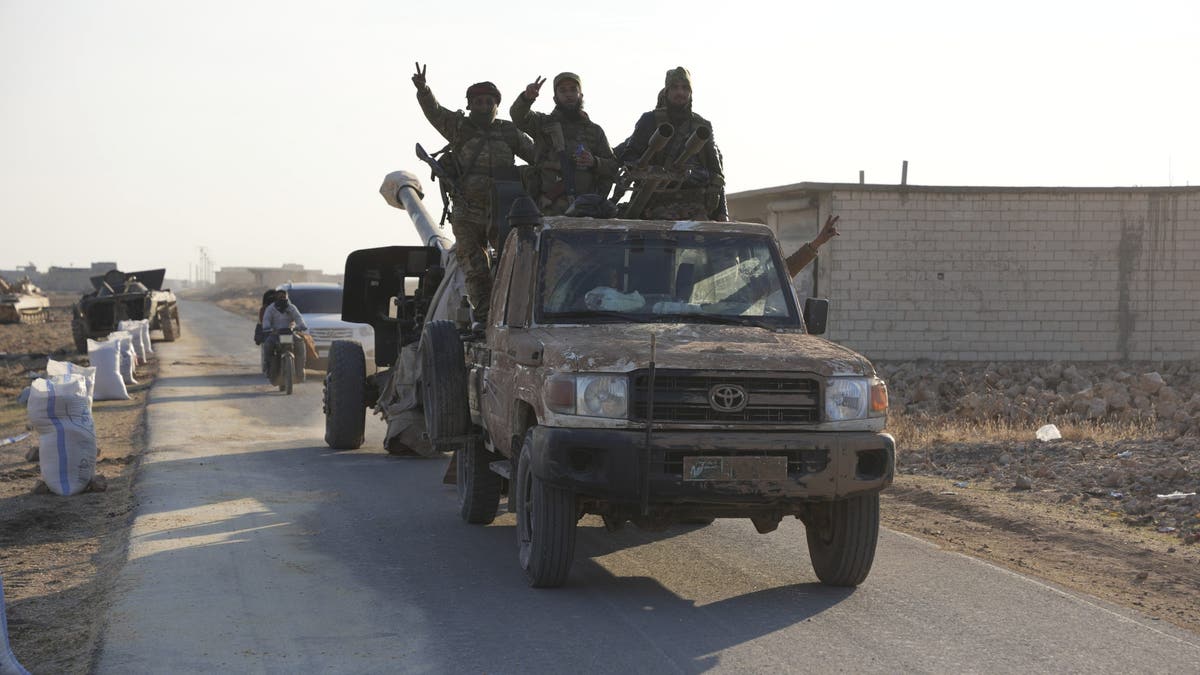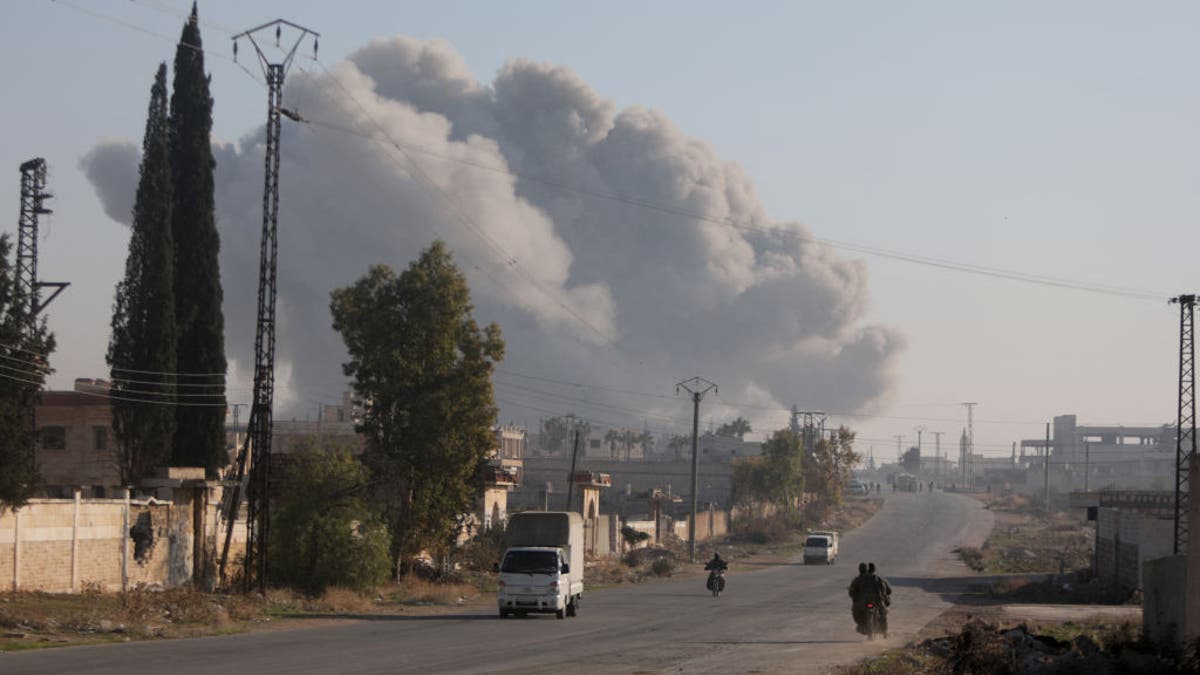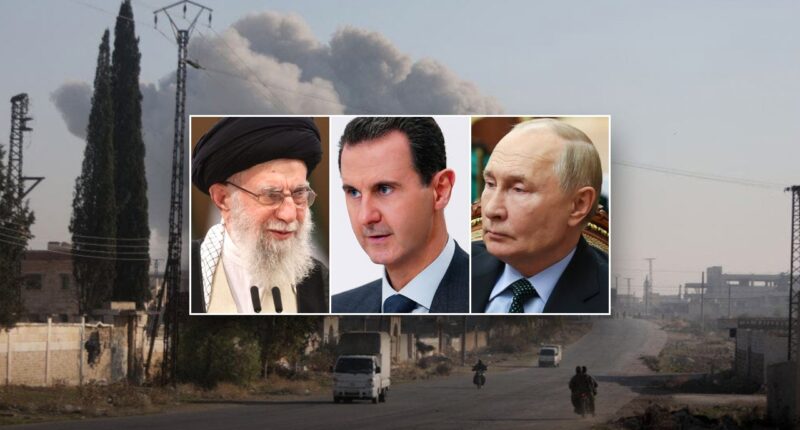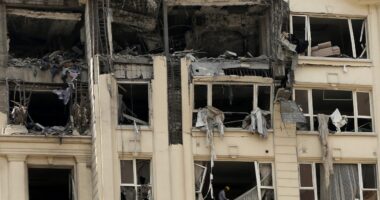The stunning collapse of Bashar al-Assad’s regime in Syria has sent shock waves throughout the region and beyond, marking a dramatic turning point after nearly 14 years of civil war. Assad’s rule, long sustained by Russia and Iran, has come to an end, leaving his former patrons scrambling to manage the fallout. The implications for these two powers, as well as for the broader regional and global landscape, are profound.
Russia’s involvement in Syria was never just about Assad, experts say. Securing a foothold in the Middle East was a cornerstone of Moscow’s strategy, with the Khmeimim Air Base and Tartus naval facility serving as vital assets for projecting power. However, with Assad now gone, Russia’s assets in Syria are at risk.
Rebekah Koffler, strategic military intelligence analyst and author of “Putin’s Playbook,” emphasized the significance. “Syria has been a key theater in the broader proxy conflict between Russia and the U.S. losing Assad represents a strategic defeat for Russia, costing them critical bases in the Middle East and further stretching their military resources as they continue fighting in Ukraine.”

Rebels in northwest Syria seized military vehicles belonging to the regime along the route toward Kweris Airport in the eastern countryside of Aleppo on Dec. 2, 2024. (Rami Alsayed/NurPhoto via APRami Alsayed/NurPhoto via AP)
While Assad’s fall creates opportunities for a new order in the Middle East, it also presents significant risks. The surprise attack on Assad’s forces, led by the Salafi-jihadist organization Hayat Tahrir al-Sham (HTS) under the command of Abu Mohammed al-Golani, underscores the complexity of the situation. HTS, Syria’s most powerful rebel faction, evolved from the al-Qaeda-linked Nusra Front but claimed to sever ties with the group in 2016. It remains designated a terrorist organization by the U.S. and other nations.
“Who will fill the void?” Koffler warned. “The rebels aren’t good people – they’re the same extremists we’ve seen before. While they may appear on Western media wearing a green T-shirt and giving polished interviews, the reality is different. Removing one dictator often leads to even worse outcomes, as we saw in Iraq and Libya.”
Avner Golov, former senior director of Israel’s National Security Council and vice president at Mind Israel, believes there is a potential upside for both the U.S. and Israel.

Fighters enter the Rashidin district on the outskirts of Aleppo on their motorbikes during fighting on Nov. 29, 2024. (Bakr Alkasem/AFP via Getty Images)
“The collapse of Assad’s regime underscores the failures of Russia and Iran as powers in the region. Meanwhile, the U.S. has shown its strength by standing with Israel and choosing the winning side. This is a critical opportunity for Washington to leverage its position and build a coalition of moderate Arab states – Saudi Arabia, the UAE, Jordan, and Egypt – with Israel, to counter both Sunni and Shia Islamist forces. This coalition could provide a stabilizing force in the region and counter the growing influence of extremist groups.”
Golov said there are ramifications for Beijing. “China has been largely absent in the Middle East conflicts, focusing instead on its global economic goals. In contrast, Russia has proven itself unreliable in Syria, retreating while the U.S. supported its allies. This presents a unique opportunity for America to strengthen its position in the Middle East amid the collapse of the Iranian axis.”

















